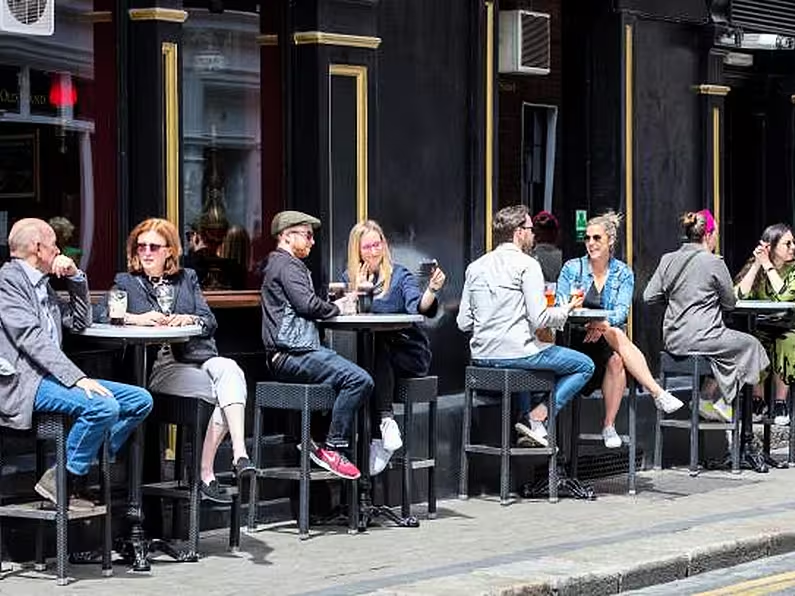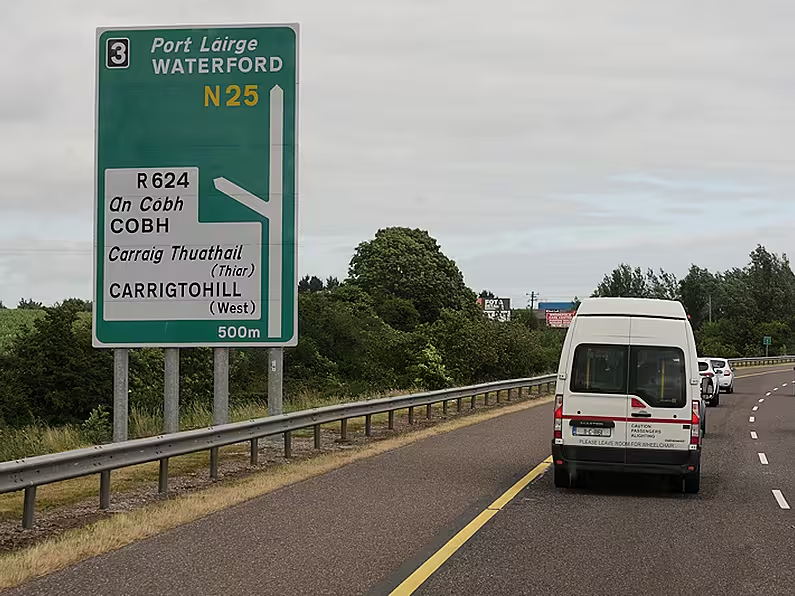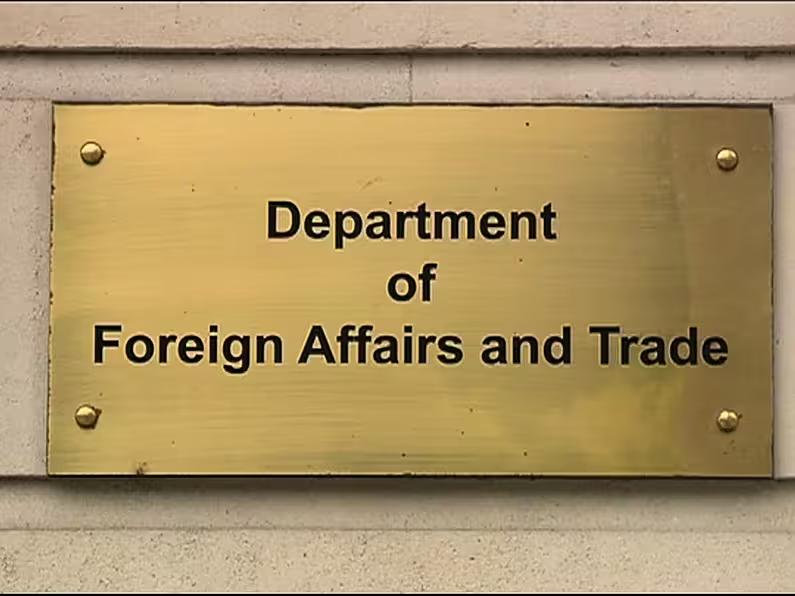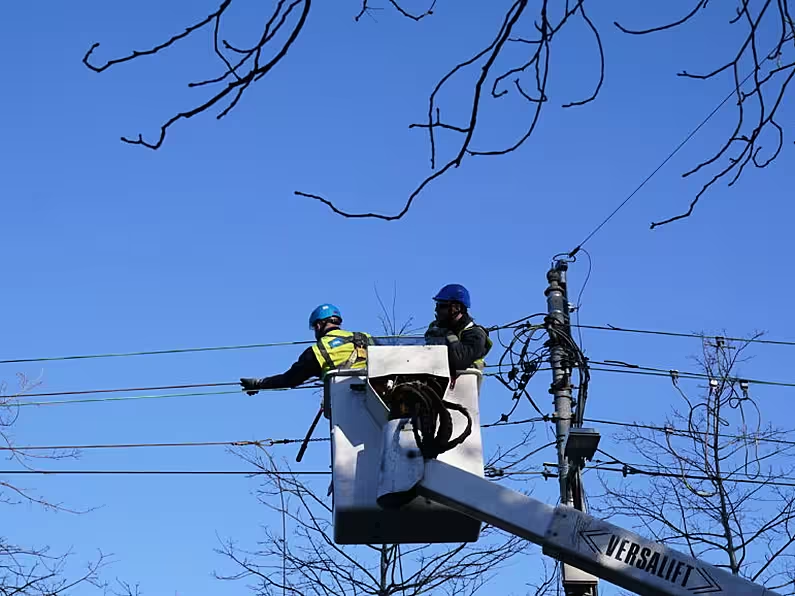Vivienne Clarke
The need for good ventilation in buildings and long term plans for coping with Covid-19 have been highlighted by environmental expert, Dr Orla Hegarty.
The assistant professor at the school of Architecture, Planning and Environmental Policy at UCD, told RTÉ radio’s News at One that infected air was the main cause of the transmission of the virus which made good ventilation “critically important”.
Indoor dining was going to be a major risk, she said, as one infected person in a room could result in a major infection.
The country was relying on the vaccination programme to combat Covid, but only half the population was vaccinated which meant half the population was still at risk. The vaccine programme was not bulletproof, she added.
Future-proof
More long term planning was needed. Buildings needed to be future-proofed as there would be other viruses in the future. Modifications such as air filtration would be required and such technology was already available, it was a matter of using it, Dr Hegarty said.
She warned that indoor dining would be a problem as many locations were not adequately ventilated, and there remained a risk by being “up close to people”.
“We have to work with how the virus transmits. Some of the rules on hospitality seem arbitrary,” she said, adding rules such as the distance between tables and time limits were not recognised by the virus.
Every building could be made low risk, she said. “We need to adopt policies to make them safer.”
Mechanisms would be in place for schools for the autumn, added Dr Hegarty. Schools had “embraced” C02 monitoring which could spot high-risk situations and were a means of risk assessment.
She said those technologies could be adopted in other sectors, adding there was a need for scientific review for consistency because, at present, each sector writes its own guidelines.












